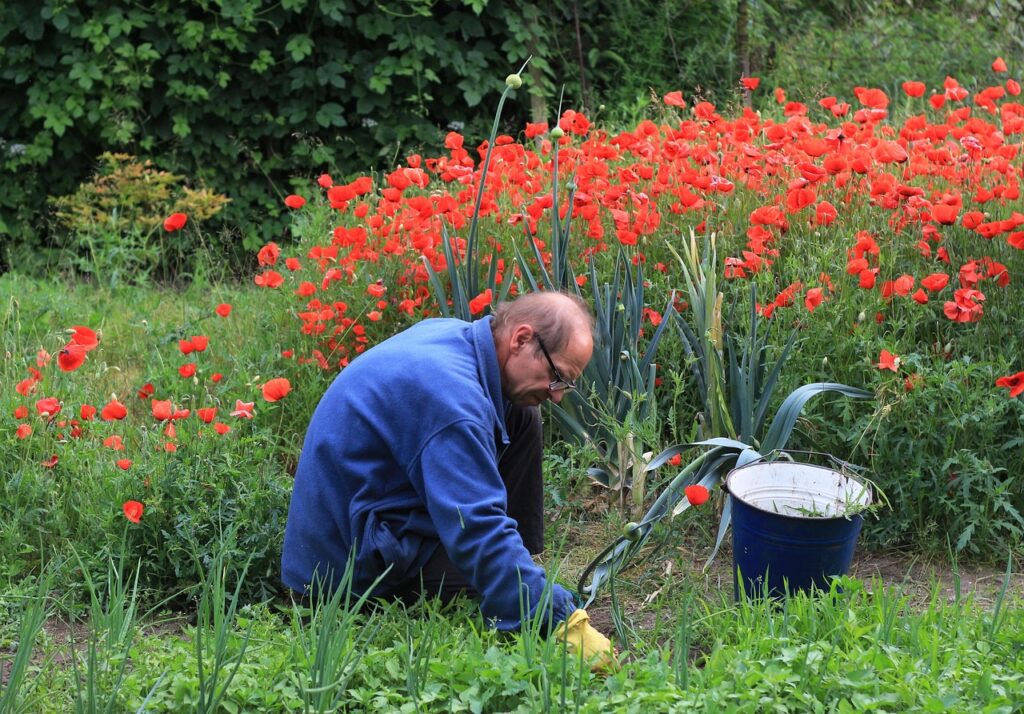To Share is to Show You Care!
When it comes to maintaining a beautiful garden, weed control is a crucial aspect. Weeds can quickly overrun your plants, stealing nutrients and hindering their growth. In this blog post, we will share effective strategies to achieve the best weed control in your garden. Stay tuned, as Number 8 is a game-changer you don’t want to miss!
1. Start with proper soil preparation

- Remove existing weeds and their roots before planting.
- Loosen the soil to discourage weed growth and improve drainage.
- Amend the soil with organic matter to promote healthy plant growth and discourage weed invasion.
2. Mulch, mulch, mulch
- Apply a thick layer of organic mulch such as wood chips or straw around your plants.
- Mulch acts as a barrier, preventing weed seeds from germinating and reaching the sunlight.
- It also helps retain soil moisture and regulate temperature.
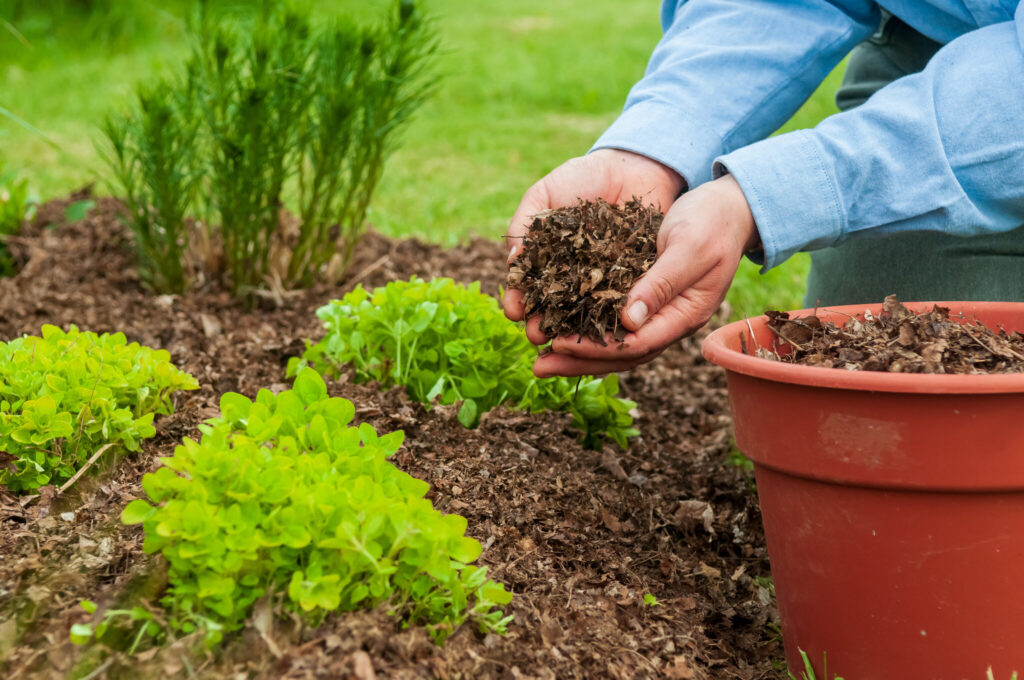
3. Opt for hand weeding
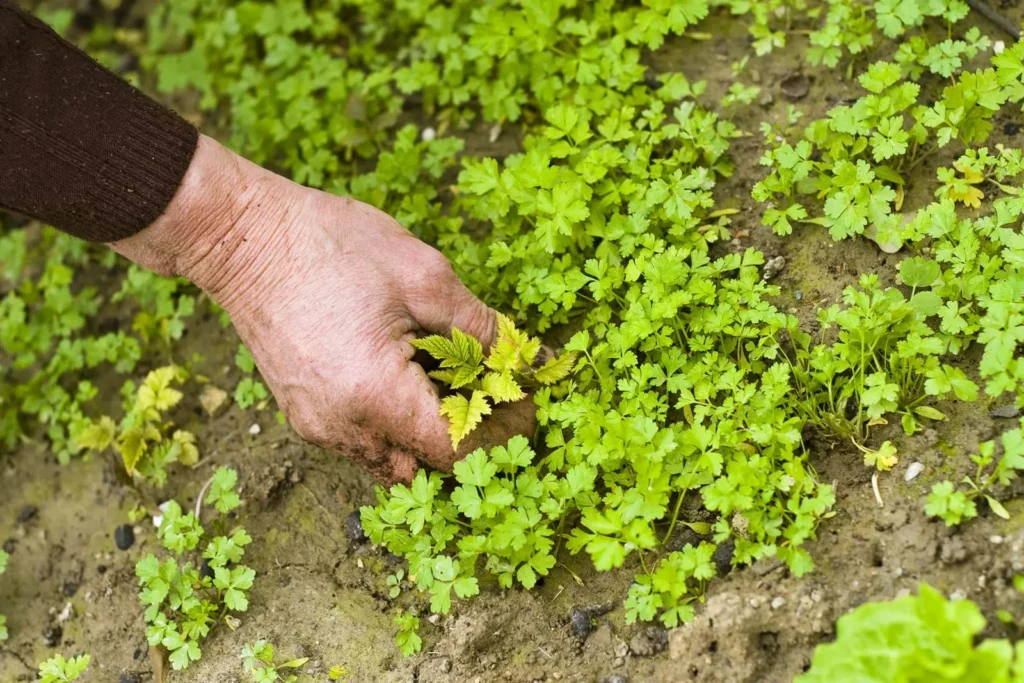
- Regularly inspect your garden and manually pull-out weeds when they are small and easier to remove.
- Ensure you remove the entire root system to prevent regrowth.
4. Utilize pre-emergent herbicides
- Apply pre-emergent herbicides before weed seeds germinate.
- These products create a barrier on the soil surface, preventing weed seedlings from emerging.
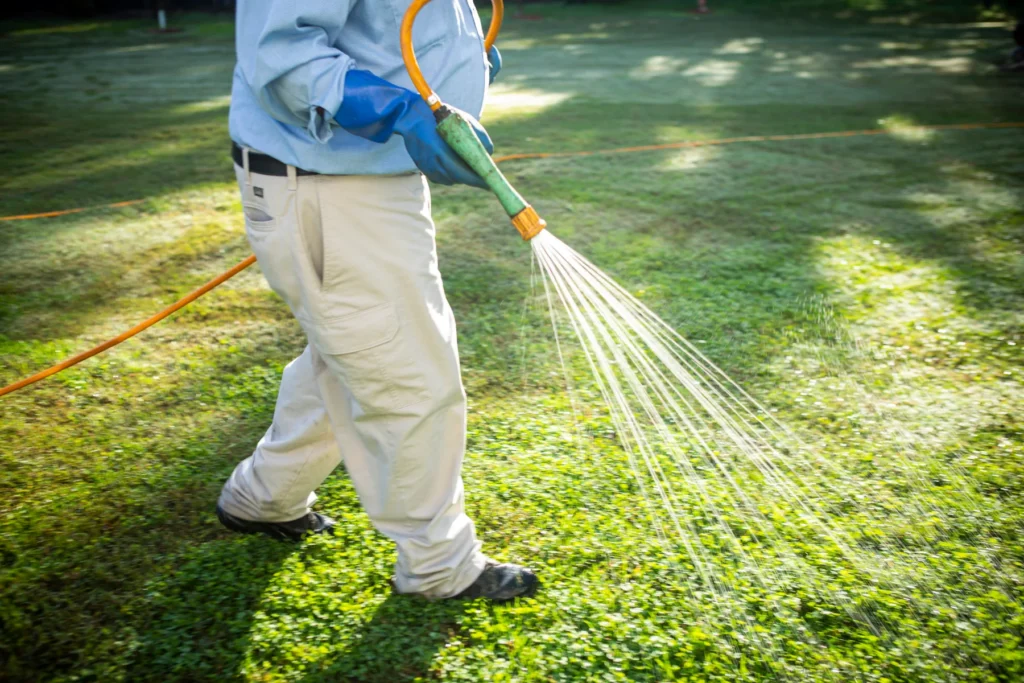
5. Selective herbicides for persistent weeds
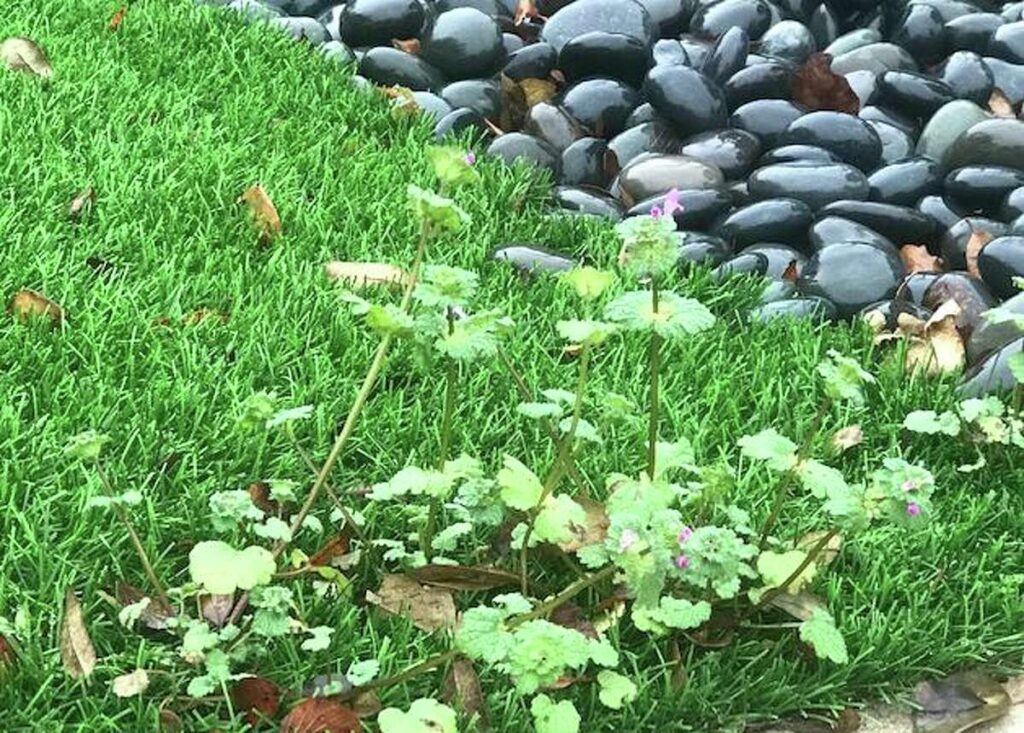
- If certain weeds prove difficult to control manually, consider using selective herbicides.
- Selective herbicides target specific weed species without harming your desirable plants.
6. Practice proper watering techniques
- Avoid overwatering your garden, as it promotes weed growth.
- Use targeted watering methods such as drip irrigation to deliver water directly to the plant roots.
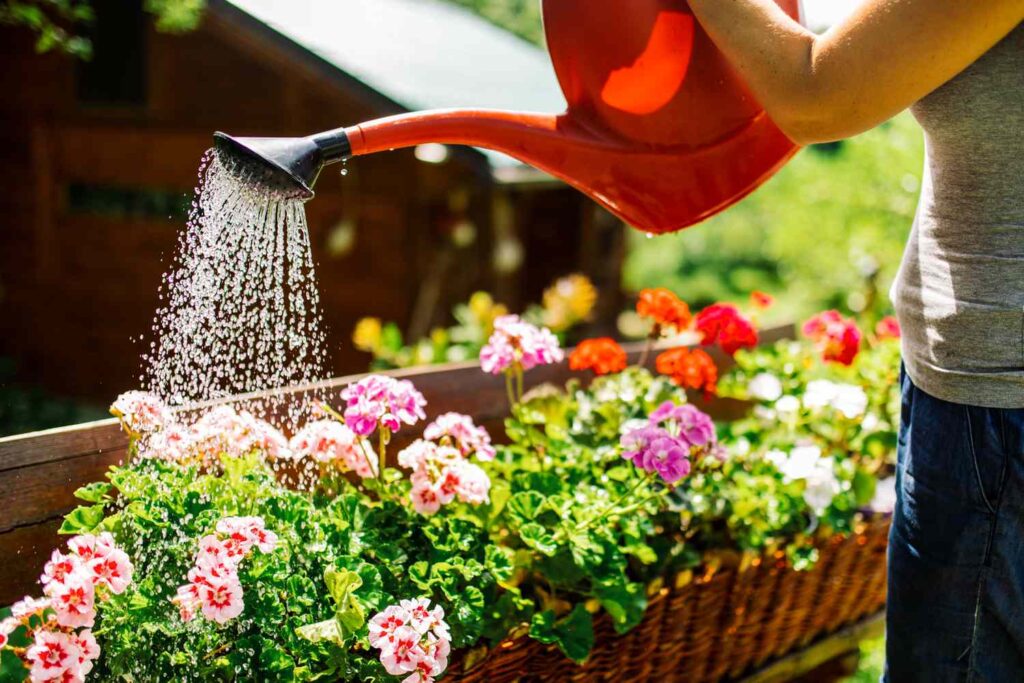
7. Regularly maintain garden edges
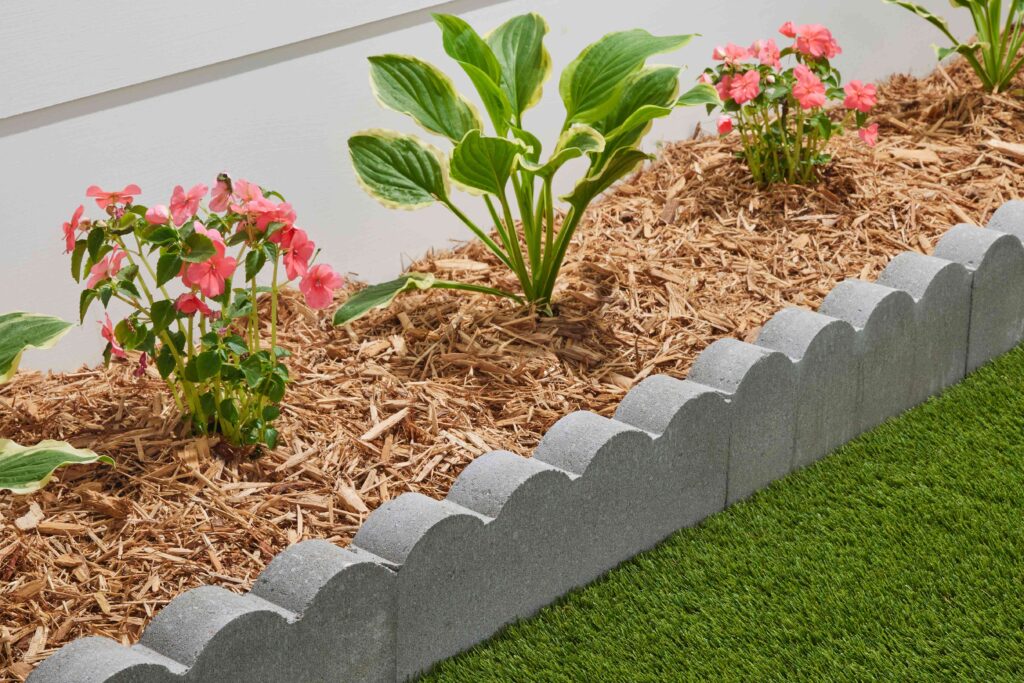
- Weed growth often occurs along garden edges, so it’s essential to keep them neat and tidy.
- Use an edging tool to create a defined barrier and prevent weeds from encroaching on your garden.
8. Embrace the power of solarization
- Solarization is an eco-friendly method to control weeds in open areas.
- Cover the infested soil with a clear plastic sheet, trapping heat from the sun and killing weed seeds and plants underneath.
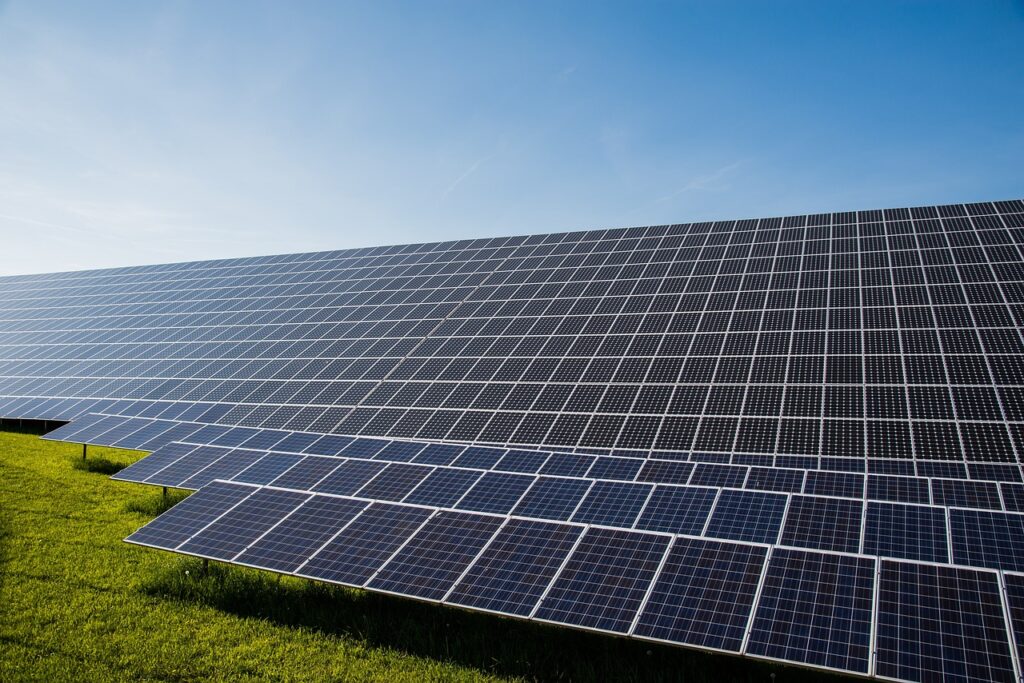
9. Introduce beneficial insects
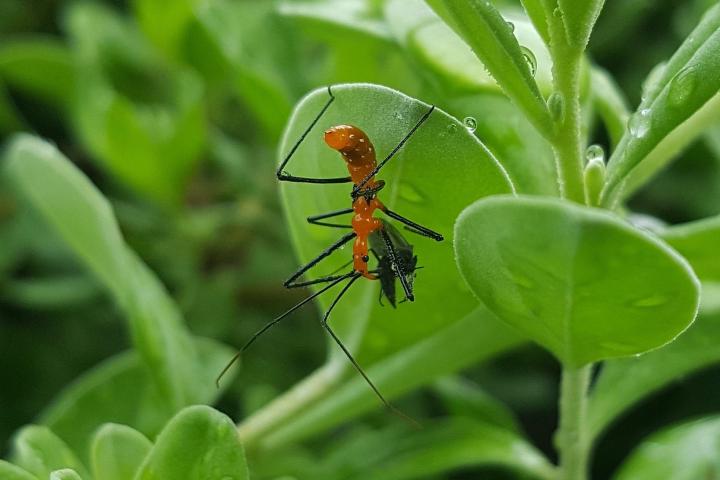
- Encourage beneficial insects like ladybugs and lacewings into your garden.
- These insects feed on weed pests, helping to naturally control their population.
10. Stay vigilant and practice regular maintenance
- Weeds can quickly re-establish themselves, so be consistent with your weed control efforts.
- Regularly inspect your garden, pull out any emerging weeds, and address the issue promptly.
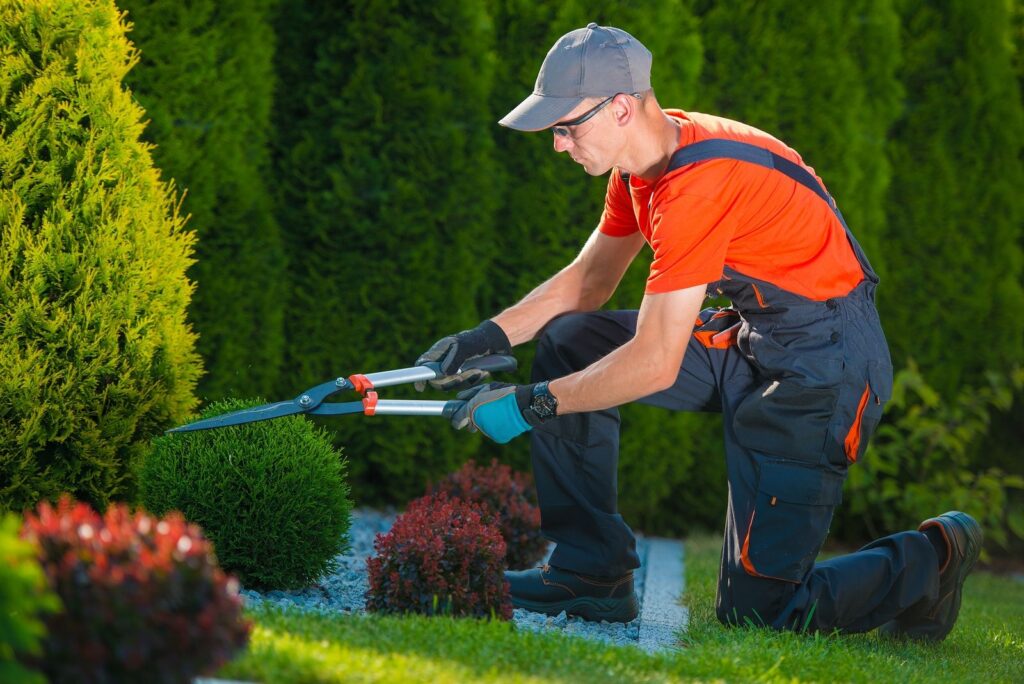
Conclusion
Achieving the best weed control in your garden requires a combination of proactive measures and regular maintenance. By following the strategies mentioned above, you can create a weed-free environment that promotes the healthy growth of your plants. Don’t forget to implement Number 8, the incredible method that can revolutionize your weed control efforts. Get ready to enjoy a beautiful and thriving garden!
Frequently Asked Questions
Q1: What is the best method of controlling weeds?
A: The best method of controlling weeds depends on the specific situation and preferences. However, a combination of techniques such as proper soil preparation, mulching, hand weeding, and targeted herbicide use can be effective in achieving weed control in gardens.
Q2: What are the 3 methods of controlling weeds?
A: The three common methods of controlling weeds are:
- Manual weed removal: This involves physically pulling out weeds by hand or using tools like garden forks or hoes.
- Chemical weed control: Herbicides, both selective and non-selective, can be used to target and kill weeds.
- Cultural weed control: This involves implementing practices like proper watering, mulching, and maintaining healthy plant growth to suppress weed growth.
Q3: What permanently kills weeds?
A: To permanently kill weeds, a combination of techniques may be required. This can include using non-selective herbicides like glyphosate, ensuring complete removal of weed roots, implementing preventive measures such as proper soil preparation and mulching, and practicing regular maintenance to promptly address weed growth.
Q4: What is a home remedy for weed control?
A: A popular home remedy for weed control is using a mixture of vinegar, salt, and dish soap. This solution can be sprayed directly on weeds, and the acetic acid in the vinegar helps to kill them. However, it’s important to note that this homemade remedy may also harm desirable plants if not applied carefully.
Q5: What kills the toughest weeds?
A: The toughest weeds often require more potent herbicides or targeted approaches. Glyphosate-based herbicides, such as Roundup, are commonly used to tackle resilient weeds. Additionally, herbicides containing ingredients like dicamba or 2,4-D can effectively control tough weeds when used according to the product instructions.
Q6: What are the two methods to remove weeds?
A: The two primary methods to remove weeds are:
- Manual removal: This involves physically pulling out weeds by hand or using tools like garden forks or hoes.
- Chemical removal: Herbicides can be used to kill weeds. Selective herbicides target specific weed species without harming desirable plants, while non-selective herbicides kill all vegetation they come into contact with.
Q7: How do you control invasive weeds?
A: Controlling invasive weeds requires a combination of approaches:
- Early detection and identification: Recognize invasive weed species and act promptly.
- Mechanical removal: Physically remove weeds by hand, making sure to remove all roots.
- Herbicide application: Use appropriate herbicides to target and control invasive weeds.
- Preventive measures: Implement preventive strategies such as mulching and regular maintenance to suppress weed growth.
Q8: What chemicals are used to control weeds?
A: Various chemicals are used to control weeds, including both selective and non-selective herbicides. Selective herbicides target specific weed species without harming desirable plants, while non-selective herbicides kill all vegetation they come into contact with. Common herbicide active ingredients include glyphosate, 2,4-D, dicamba, and others.
Q9: What is the manual method of removing weeds?
A: The manual method of removing weeds involves physically pulling them out by hand or using tools such as garden forks or hoes. It’s important to ensure the complete removal of weed roots to prevent regrowth.
Q10: Is vinegar as good as Roundup?
A: Vinegar can be an effective weed control method for certain types of weeds. However, it’s important to note that vinegar is a non-selective herbicide, meaning it can harm or kill any vegetation it comes into contact with. Roundup, on the other hand, is a commonly used selective herbicide that targets specific weed species while sparing desirable plants.
Q11: Will grass grow back after vinegar?
A: Grass can regrow after being treated with vinegar, especially if the concentration of vinegar used is not too high. However, vinegar can damage or kill grass if applied excessively or repeatedly. It’s important to use vinegar judiciously and consider alternative methods for controlling weeds in grassy areas.
Q12: How do I permanently get rid of weeds in my gravel driveway?
A: To permanently get rid of weeds in a gravel driveway, you can follow these steps:
- Remove existing weeds manually, ensuring complete root removal.
- Apply a weed barrier fabric or geotextile over the gravel to prevent weed growth.
- Use a commercial herbicide specifically designed for use on gravel driveways, following the product instructions.
- Regularly inspect and manually remove any new weed growth that may occur.
Q13: What is the strongest homemade weed killer?
A: One of the strongest homemade weed killers consists of a mixture of white vinegar, salt, and dish soap. The acetic acid in the vinegar helps kill the weeds, while the salt can dehydrate them. The dish soap helps the solution adhere to the weeds. However, it’s important to use this homemade weed killer carefully, as it can also harm desirable plants if not applied correctly.
Q14: Is vinegar good for weed control?
A: Vinegar can be an effective weed control method for certain types of weeds. The acetic acid in vinegar has herbicidal properties that can kill weeds upon contact. However, vinegar is a non-selective herbicide, meaning it can damage or kill any vegetation it comes into contact with, including desirable plants. It’s crucial to apply vinegar carefully and avoid spraying it on plants you want to keep.
Q15: Is white vinegar good for weed control?
A: Yes, white vinegar can be used for weed control. The acetic acid in white vinegar has herbicidal properties that can kill weeds upon contact. However, as vinegar is a non-selective herbicide, it can harm or kill any vegetation it comes into contact with, including desirable plants. It’s important to use white vinegar judiciously and avoid spraying it on plants you want to keep.
The Informed Minds
I'm Vijay Kumar, a consultant with 20+ years of experience specializing in Home, Lifestyle, and Technology. From DIY and Home Improvement to Interior Design and Personal Finance, I've worked with diverse clients, offering tailored solutions to their needs. Through this blog, I share my expertise, providing valuable insights and practical advice for free. Together, let's make our homes better and embrace the latest in lifestyle and technology for a brighter future.

